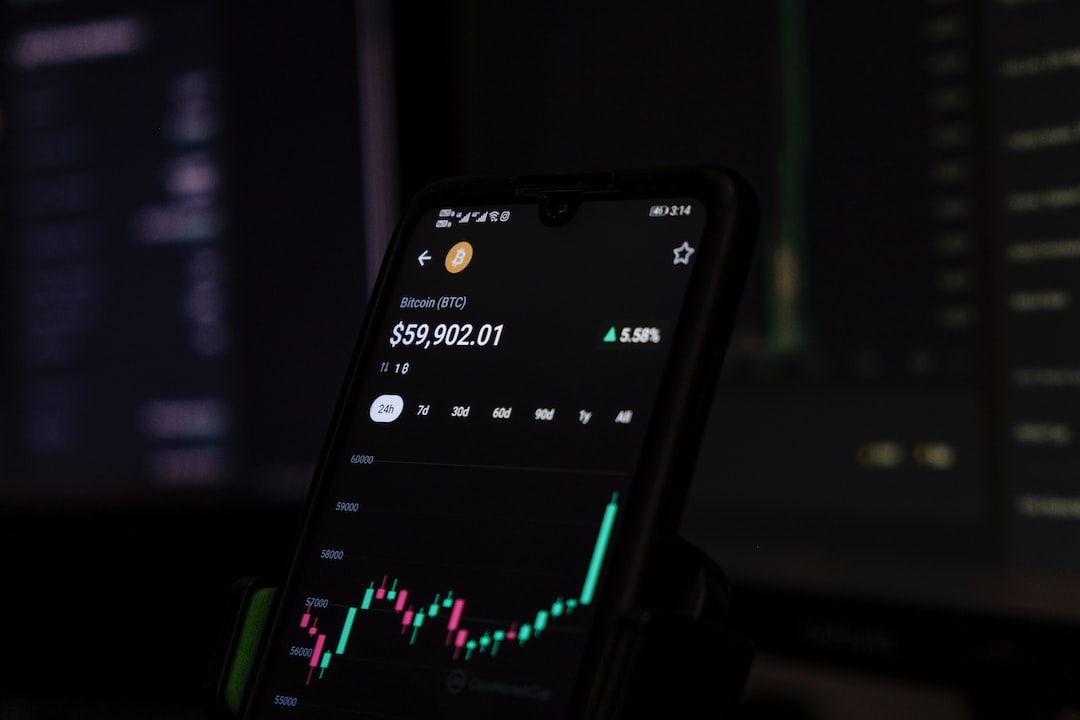Legal Outcome of SEC Lawsuit Against Ripple Labs Inc.
The U.S. Securities and Exchange Commission (SEC) faced a mixed outcome in its lawsuit against Ripple Labs Inc. and its top executives. The lawsuit alleged that Ripple and its leaders had unlawfully offered and sold XRP tokens, violating securities laws. The court partially granted and partially denied summary judgment motions from both the SEC and Ripple. The SEC’s motion regarding Institutional Sales was granted, while Ripple’s motion regarding Programmatic Sales and sales made by Larsen and Garlinghouse was granted. The court clarified that the XRP sales by Larsen and Garlinghouse did not satisfy the criteria of an investment contract. The court also highlighted that secondary market sales of XRP not traceable to Ripple cannot be considered offers or sales of investment contracts.
SEC’s Request for Interlocutory Appeal
The SEC sent a letter to Judge Torres seeking permission to file an interlocutory appeal regarding the two adverse liability determinations in the previous order. Interlocutory appeals allow appellate courts to review specific aspects of a case before its conclusion. However, such appeals are only entertained for issues that could significantly influence the outcome or present pivotal legal questions.
Opinion on Judge Torres’ Decision
Former lawyer Scott Chamberlain believes that Judge Torres is likely to deny the SEC’s appeal request. He argues that Judge Torres’ ruling was meticulous and did not introduce new legal concepts. She accepted the SEC’s categorization of transaction types and applied the established Howey test. Chamberlain suggests that the SEC’s setback was due to the misalignment of facts with the Howey test for some transaction categories.
Hot Take: Judge Torres Likely to Deny SEC’s Appeal
Based on the ruling and the analysis of former lawyer Scott Chamberlain, it is likely that Judge Torres will deny the SEC’s request for an interlocutory appeal. The court’s decision was consistent with existing legal principles and did not set any new precedents. This outcome is a setback for the SEC, as the facts of the case did not align with all the criteria of the Howey test for certain transaction categories.





 By
By
 By
By
 By
By
 By
By
